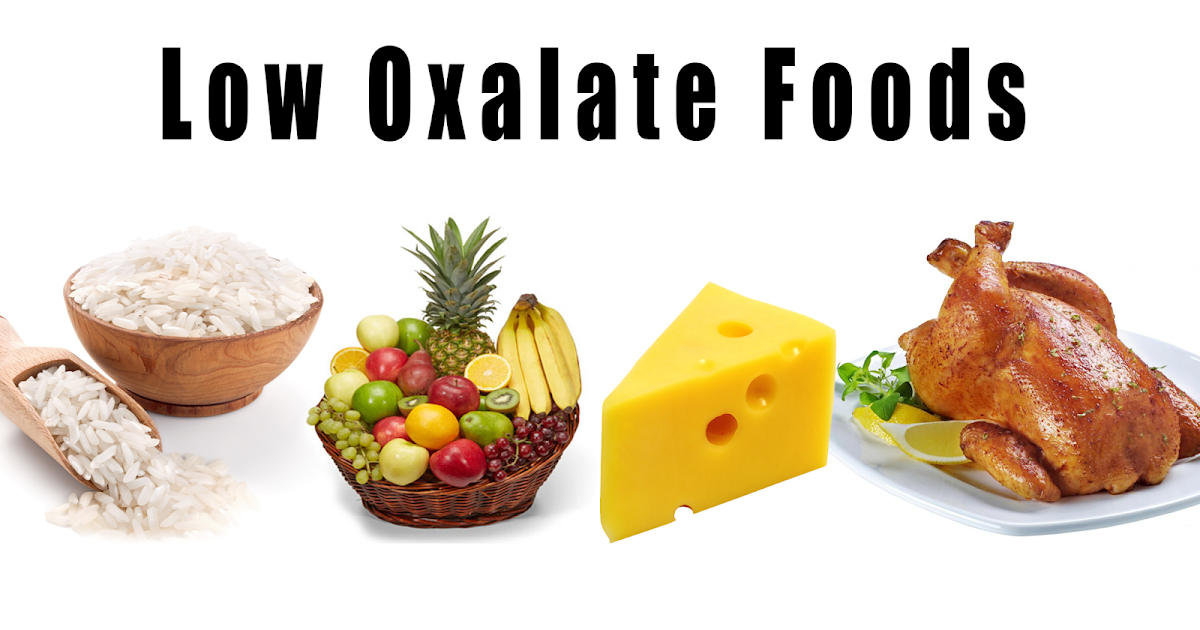- 18 October 2023
- 71
Foods to Embrace and Avoid for Kidney Stone Reduction

In the intricate realm of kidney stone prevention, one dietary approach stands out as a potent weapon against these painful crystalline formations: the low-oxalate diet. Kidney stones, often composed of minerals like calcium oxalate, can be managed and prevented by making informed choices about the foods we consume. In this article, we will delve into the world of low-oxalate living and explore the foods to embrace and avoid to reduce the risk of kidney stone formation, empowering you with the knowledge to maintain better kidney health.
Understanding Oxalates and Kidney Stones
Oxalates are naturally occurring compounds found in various foods. In the digestive process, oxalates can combine with calcium in the body to form insoluble crystals. When these crystals accumulate in the kidneys, they can give rise to kidney stones. Hence, managing oxalate intake is a key aspect of kidney stone prevention.
Foods to Embrace in a Low-Oxalate Diet
- Leafy Greens: Low-oxalate leafy greens include kale, collard greens, and Swiss chard. These nutritious greens can still be enjoyed in salads and cooked dishes.
- Cucumbers: Cucumbers are not only hydrating but also low in oxalates, making them an excellent choice for kidney stone prevention.
- Cauliflower: A versatile vegetable, cauliflower is low in oxalates and can be used in various recipes, from mashed cauliflower to cauliflower rice.
- Berries: Low-oxalate berries like blueberries, strawberries, and raspberries can be part of a kidney-friendly diet. They make for delicious and healthy snacks or additions to breakfast.
- Apples: Apples, particularly when peeled, are a low-oxalate fruit that can be enjoyed on their own or used in various dishes.
- Pears: Pears are another low-oxalate fruit that can add a touch of sweetness to your diet.
Foods to Avoid in a Low-Oxalate Diet
- Spinach: Spinach is high in oxalates and is best avoided or consumed in moderation if you are prone to kidney stones.
- Rhubarb: Rhubarb is exceptionally high in oxalates and should be excluded from a low-oxalate diet.
- Nuts and Nut Butters: Almonds, peanuts, and their respective butters contain significant oxalate levels. Consider low-oxalate alternatives like cashews.
https://img.freepik.com/free-photo/arrangement-with-bowl-jar-with-nuts_23-2148427729.jpg?size=626&ext=jpg&uid=R99230018&ga=GA1.2.1539717001.1681308362&semt=ais - Chocolate: Chocolate, especially dark chocolate, is a source of oxalates. Opt for white chocolate or carob as a substitute.
- Sweet Potatoes: Sweet potatoes have moderate oxalate levels. If you enjoy them, consume them in moderation.
- Tea and Coffee: Some teas, such as black and green teas, contain oxalates. Reducing your tea and coffee intake may be beneficial.
Incorporating a Low-Oxalate Diet into Your Lifestyle
To embrace a low-oxalate diet effectively, consider the following strategies:
- Consult a Dietitian: If you have a history of kidney stones or underlying medical conditions, consulting a registered dietitian can provide personalized guidance on incorporating a low-oxalate diet into your life.
- Balance is Key: While reducing high-oxalate foods is essential, ensure that you are still receiving adequate nutrients from other sources.
https://4.bp.blogspot.com/-EAZ0P0zai4U/V3KsKsgZo7I/AAAAAAAAC6k/MB69_gWeVfo_KgpEwgwZgP652t-WMN5AwCLcB/w1200-h630-p-k-no-nu/low%2Boxalate%2Bfoods.png - Hydration: Staying well-hydrated is critical in preventing kidney stones. Be sure to drink enough water to maintain proper urine dilution.
Conclusion: Empowering Kidney Stone Prevention Through Diet
The low-oxalate diet is a valuable strategy in the fight against kidney stones. By understanding which foods to embrace and avoid, you can significantly reduce the risk of stone formation while still enjoying a variety of delicious and nutritious options.
As you embrace low-oxalate living, remember that dietary choices have the power to impact your health positively. By incorporating these dietary changes and maintaining proper hydration, you’re taking a substantial step toward better kidney health. Your kidneys will thank you for the care and support you provide through a low-oxalate diet, empowering you with the knowledge to reduce the risk of kidney stone formation.



